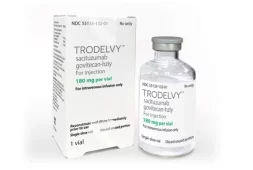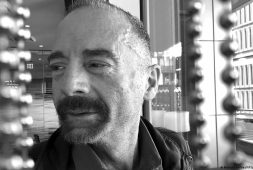
Patients who suffer from severe depression and PTSD turn to doctors for help. Unfortunately, some of them don’t respond well to the drugs prescribed. For several reasons, many have somewhat developed a form of resistance.
What are they to do when they need help? Should they learn to live with it and just go through therapy? For many, that isn’t enough. Medicines help, and they need one that works.
The good news is that Australia’s version of the FDA managed to pleasantly surprise the people in early February when they announced that 2 medicines, psilocybin and MDMA, would be considered medicines. This means that psychiatrists will be able to prescribe these for a variety of their patients who suffer from certain mental health disorders come July of this year.
Psilocybin, the psychoactive component in psychedelic mushrooms, and MDMA, or more commonly known as ecstasy by the layman, are two of the most effective treatments for dangerous and persistent mental health disorders such as treatment-resistant depression and PTSD.
However, these substances are currently considered illegal in most countries. Thus, getting them is difficult and to study is even more so especially in large trials. The small studies, on the other hand, have found universal success with the use of these two.
For psilocybin, Johns Hopkins University found it reduced symptoms of depression by 71 percent when this is combined with assisted psychotherapy. The use also prevented the return of the unwanted symptoms for 54 percent of the trial participants.
In 2021, the Department of Neurology at UC San Francisco also concluded a phase III trial of MDMA-assisted psychotherapy for those who suffered from PTSD. The researchers saw how it helped improve the symptoms of the patients by as much as 88 percent, and this means that the figures quelled the FDA criteria for safe and effective.
The Australian Therapeutic Goods Administration (TGA) said it also looked into several thousands of written public submissions before they made the decision to make legal for prescription by experts.
“The number of such submissions is a reasonable indicator of the scope and gravity of the issues for individual and public health,” it said in a statement. “The submissions confirm the need for greater access to alternative treatments for patients with persistent mental health conditions where currently available treatments have not been effective.”
“Prescribing will be limited to psychiatrists, given their specialized qualifications and expertise to diagnose and treat patients with serious mental health conditions.”



